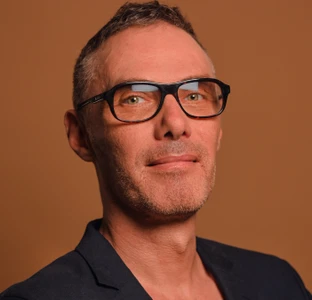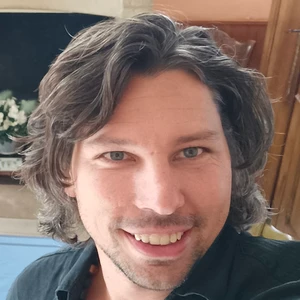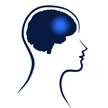- Quick navigation
- Home
- Open menu
- Page content
- Customer service
- Search
- Footer
Closed until tomorrow at 2:00 PM
Closed until Monday at 2:00 PM
Closed until tomorrow at 8:00 AM
Closed until tomorrow at 8:00 AM
Closed until tomorrow at 8:00 AM
Closed until tomorrow at 8:30 AM
Closed until tomorrow at 8:00 AM
Closed until tomorrow at 8:00 AM
Closed until tomorrow at 8:00 AM
Closed until tomorrow at 8:00 AM
* No advertising material
Addiction treatment in Région lémanique (Region)
Also recommended
Filter results
Addiction treatment in Région lémanique (Region)
: 60 Entries Closed until tomorrow at 2:00 PM
Closed until Monday at 2:00 PM
Closed until tomorrow at 8:00 AM
Closed until tomorrow at 8:00 AM
Closed until tomorrow at 8:00 AM
Closed until tomorrow at 8:30 AM
Closed until tomorrow at 8:00 AM
Closed until tomorrow at 8:00 AM
Closed until tomorrow at 8:00 AM
Closed until tomorrow at 8:00 AM
* No advertising material











